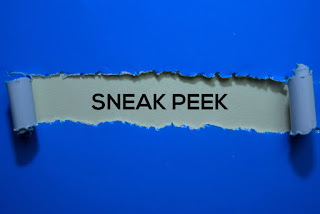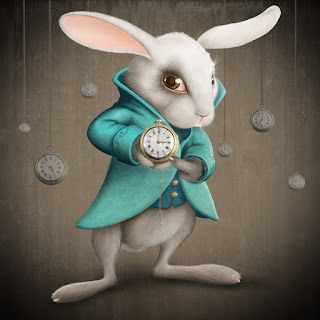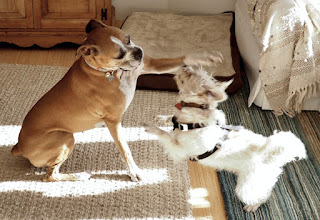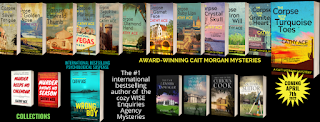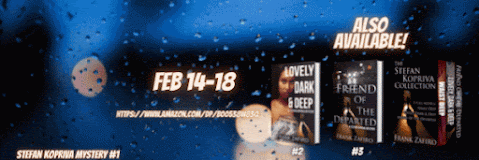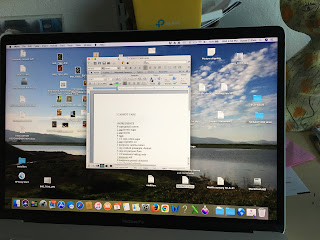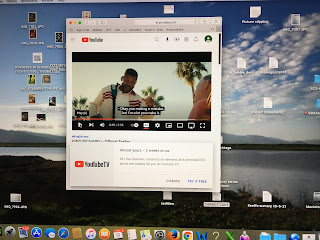Q: Craft: Apart from studying books/courses about how to write, many writers hone their craft by reading the work of others. Can you share any insights you’ve gleaned this way? What about tricks or tips you’ve picked up from other forms of storytelling, like TV or movies? Any examples of how such insights have influenced your work?
-from Susan
It’s impossible not to notice when a writer does something really well, and if you’re a writer too, a little “ding” sounds somewhere in your brain. Sometimes, it calls for a quick note to self, sometimes a Post-It so you can go back to it before you lose the thought. It might be a way one writer gracefully handles a change of point of view, segueing so seamlessly that you never had to jump out of the story to step from one perspective to another. It might be language, a writer whose vocabulary stretches elegantly but who never seems to be showing off and thereby pointing the reader to himself and away from the story.
It’s also hard to avoid noticing the how not to write examples. A sentence studded with so many adjectives you can’t plow through to the message. A writer who overworks foreshadowing to the point where you want to scream. (I have more tolerance than many for a degree of it, used sparingly, than lots of writers and teachers. I don’t use it myself, though, because it’s like the color orange – a little bit goes a very long way.)
Something I learned from reading David Sedaris: The best humor is self-deprecating.
Something I learned from Jane Austen: You can signal a lot about a person’s foibles with a well-placed bit of action or dialogue that is so ordinary as to be overlooked and yet wrong.
Something I learned from Terry Shames: When you describe a place, use all your senses to pull the reader into your vision, and don’t forget to let the reader smell the sun-baked dust.







